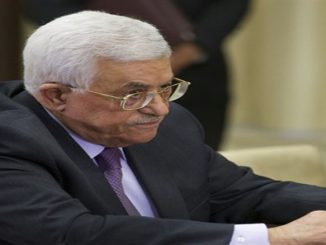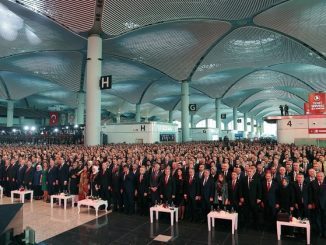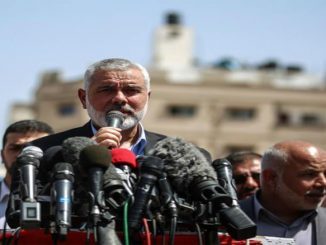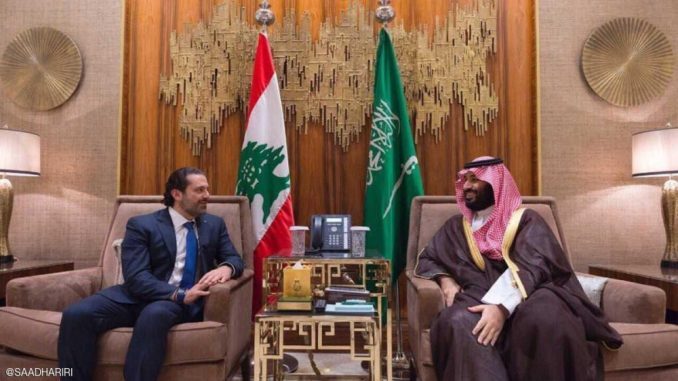
On Friday afternoon, Hezbollah’s leader, Hassan Nasrallah, declared in a televised speech that Saad Hariri, Lebanon’s recently resigned prime minister, is being held against his will by Saudi Arabia, which is why “we deem the resignation of Hariri illegal and invalid”.
Hassan Nasrallah also declared that Saudi Arabia had asked Israel to attack Lebanon, after essentially kidnapping Mr.Hariri, who had been part of a unity government that included Hezbollah.
“I’m not talking here about analysis, but information,” he said. “The Saudis asked Israel to attack Lebanon.”
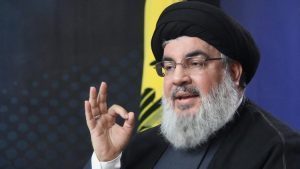
He provided no evidence of his claim, but Western and regional analysts have also said that, given all the confusing and unexpected events and unpredictable players, they could not entirely rule out such a scenario.
In earlier remarks, Nasrallah had said there was “no reason” for Hariri to step down, accusing Saudi Arabia of forcing him to resign.
The resignation of Al-Hariri raises risks in the Middle East
Lebanese Prime Minister Saad Hariri resigned Saturday in a surprise move that upended his alliance with the powerful Hezbollah movement and raised the risk of conflict in Lebanon.
Hariri announced his resignation in Saudi Arabia and cited the influence of Iran over the Lebanese government as the reason for his decision to step down, putting Lebanon squarely on the front line of an accelerating power struggle between Tehran and Riyadh.
Hours later, on Saturday evening, a missile fired from Yemen came close to Riyadh before being shot down. Saudi Arabia later blamed Iran and Hezbollah for the missile, suggesting that they had aided the Iran-aligned Houthi rebels in Yemen to fire it.
Before the world had a chance to absorb this news, the ambitious and aggressive Saudi Arabian crown prince, Mohammed bin Salman, ordered the arrest of hundreds of Saudis, including members of the royal family, in what is either a crackdown on corruption, as Saudi officials put it, or a political purge, as outside analysts have suggested.
US new role in the middle east
It emerged that the week before, Jared Kushner, President Trump’s son-in-law and adviser, who has been sent on missions both to Israel and Saudi Arabia, had visited Riyadh on a previously undisclosed trip and met until the early morning hours with the crown prince.

Even before these events unfolded, analysts and officials in Lebanon and around the region had been increasingly anxious about a volatile combination: an impulsive, youthful Saudi leader escalating threats to roll back growing Iranian influence, an equally impulsive Trump administration signaling broad agreement with Saudi policies, and increasingly pointed warnings from Israel that it may eventually fight another war with Hezbollah.
Some Israeli officials have said over the past year, both publicly and in meetings in Washington, that Hezbollah had grown too powerful, that it was time to strike a decisive blow against it, and that they were preparing for war — even as others insisted the country did not want a conflict now.
On the other hand in a statement on Friday issued following Nasrallah’s televised address, US Secretary of State Rex Tillerson warned against using Lebanon “as a venue for proxy conflicts”.
He urged “all parties both within Lebanon and outside to respect the integrity and independence of Lebanon’s legitimate national institutions”.
“The United States supports the stability of Lebanon and is opposed to any actions that could threaten that stability.”

